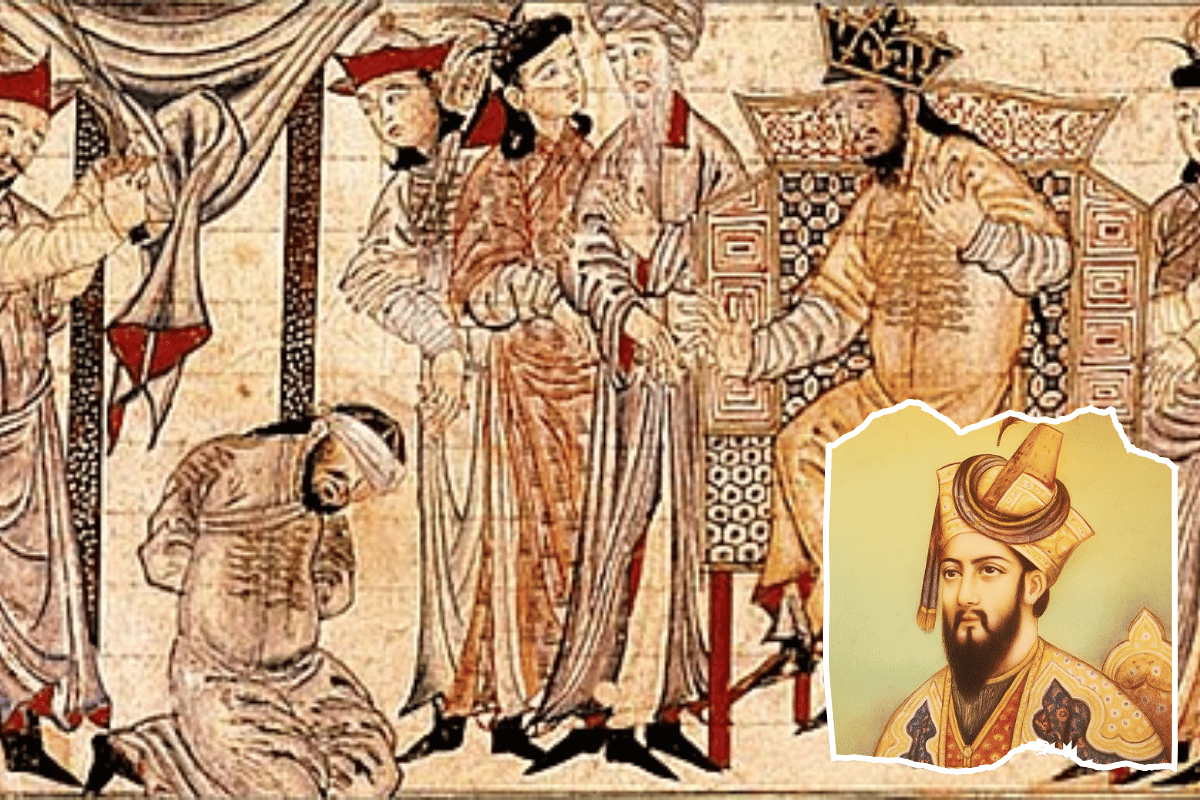
INSIGHT UK unequivocally supports freedom of religion and the right of all individuals to practice their faith safely and without discrimination. However, we must raise serious concerns regarding the definition of Islamophobia proposed by the All-Party Parliamentary Group (APPG) on British Muslims and its potential consequences for British society.

Stifling Freedom of Speech
Perhaps most alarmingly, this definition poses a significant threat to freedom of speech, a cornerstone of British democracy. By potentially labelling any criticism of Islam as Islamophobic, we risk creating a chilling effect on public discourse. Journalists, academics, policymakers, and ordinary citizens may self-censor out of fear of being branded bigots for expressing legitimate concerns or engaging in factual debates.
In a free society, no idea or ideology should be above criticism or exempt from scrutiny. The right to question, debate and even mock religious ideas is fundamental to intellectual and social progress. We must vigilantly guard against any attempt to erode this essential liberty.
The conflation of Race and Religion
The definition proposed by the All-Party Parliamentary Group (APPG) on British Muslims describes Islamophobia as “rooted in racism,” which some believe conflates criticism of religious ideas with racial prejudice. This conflation could obscure the distinction between bias against individuals and critique of religious doctrines. (https://humanists.uk/2024/04/23/concerns-over-proposed-islamophobia-definition/ )
Ambiguity and Overreach
The broadness of terms like “Muslimness” in the definition may lead to subjective interpretations, potentially encompassing a wide range of actions and speech. This ambiguity could result in overreach, where even valid criticisms or discussions are labelled as Islamophobic. (https://humanists.uk/2024/04/23/concerns-over-proposed-islamophobia-definition/)
For example, Shia and Ahmadiyya Muslims, who have faced significant persecution, hold theological beliefs that differ from those of Sunni Muslims. Disagreements among sects and religious authorities could raise concerns about whether British courts might be influenced by competing interpretations of Islam, particularly when defining terms such as Islamophobia.
A Shield for Extremism
The overly broad and ambiguous nature of the proposed Islamophobia definition risks providing a shield for extremist elements within the Muslim community. By conflating legitimate criticism of Islamic doctrines or practices with bigotry against Muslims as people, this definition hands Islamists a powerful tool to silence their critics and opposers.
We cannot allow accusations of Islamophobia to become a convenient method for deflecting scrutiny or avoiding difficult conversations about radicalisation and extremism. The safety and cohesion of our society depend on our ability to openly discuss these issues.
Empowering Extremists
We have seen a religious studies teacher at Batley Grammar School being forced into hiding after using certain materials to teach Islam. Despite good intentions, the teacher is still in hiding. We have seen attacks on novelist Salman Rushdie merely for his views on Islam.
In England and Wales, blasphemy laws were abolished in May 2008. The current definition of Islamophobia would act as top-down blasphemy laws that embolden Islamists to back up their threats with legal action, similar to what we see in Pakistan.
Impact on Counter-Terrorism Efforts
Law enforcement officials warn that adopting this definition might hinder counter-terrorism operations by restricting discussions about extremist ideologies. This could impede the ability to address and prevent radicalisation effectively.
(https://www.bbc.com/news/uk-politics-48283337)
Censoring Historical Facts
The proposed definition of Islamophobia could also lead to the censorship of historical facts that may be deemed offensive or critical of Islam. This is not merely a hypothetical concern – we have already seen attempts to suppress or rewrite historical narratives that conflict with certain Islamic sensibilities.
A society that cannot honestly examine its past is ill-equipped to face its future. We must resist any definition that could be weaponised to obscure historical truths or impede academic research into religious history and its impacts on society.
The Way Forward
INSIGHT UK believes that bigotry and discrimination against any individual or group are unacceptable and must be condemned. However, the current proposed definition of Islamophobia that is specifically for the Muslim community is not the solution. The proposed definition is too broad, too vague and too easily exploited by those who wish to shield regressive ideologies from criticism.
It also risks categorising anti-Hindu, anti-Sikh hate and hate against other religions, incorrectly under Islamophobia.
If there is going to be a definition and law specifically for the Muslim community, we call for a more nuanced approach that:
- Clearly distinguishes between criticism of Islamic ideas and bigotry against Muslims as people.
- Protects freedom of speech and the right to critique religious doctrines and practices.
- Safeguards historical accuracy and academic freedom.
- Focuses on combating genuine discrimination and hate crimes against Muslims.
Only by maintaining these crucial distinctions can we hope to foster a society that is both pluralistic and free – one that protects religious minorities while preserving the right to engage in open, honest discourse about the role of religion in public life.
However, we must stress again that we are of the view that the government should safeguard all faith communities from hate and not ostracise people for simply questioning religion. So far, the laws around anti-Semitism have not reduced anti-Semitic attacks on Jews. A recommendation, therefore, is made to create a Religious hate crime law that helps reduce hate, rather than a specific law or definition for Islam only.








